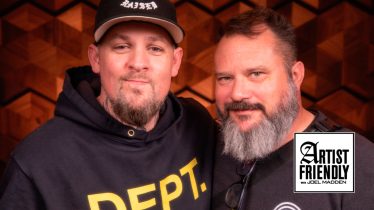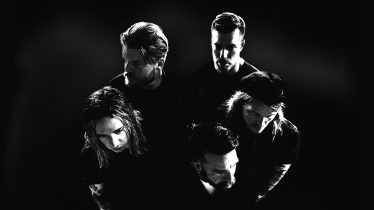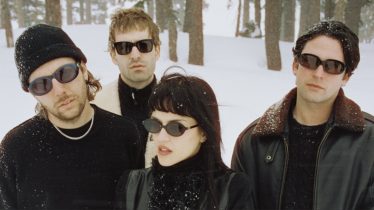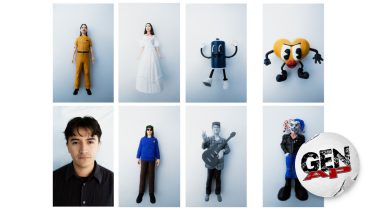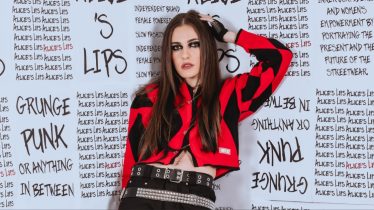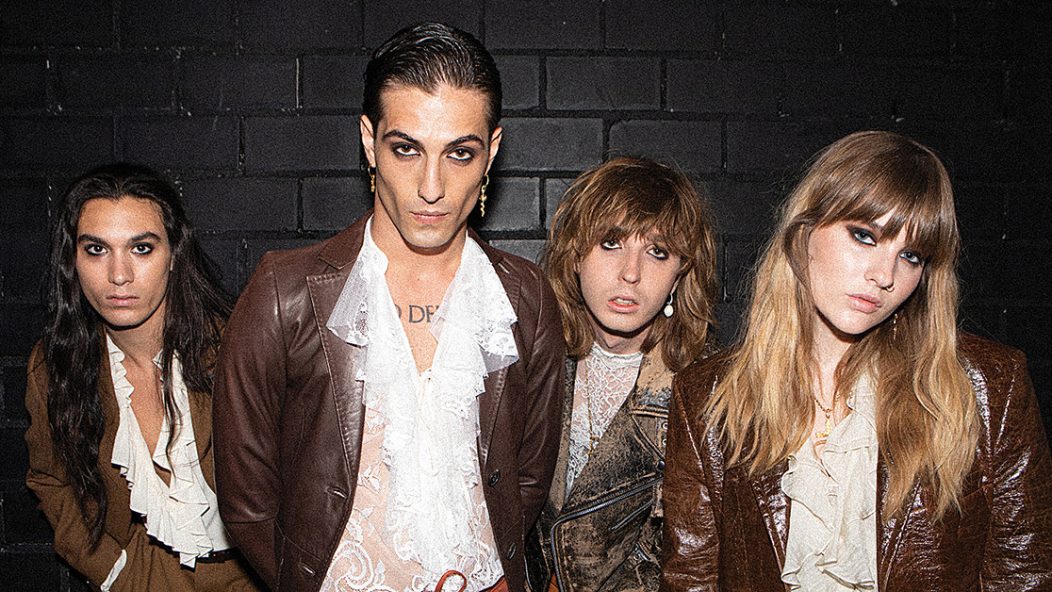
Måneskin on defying skeptics and breathing new life into rock music
Few artists better reflect the increasingly global nature of alternative music than Måneskin. The band built a reputation for themselves through show-stopping performances on The X Factor and the Eurovision Song Contest. While they were already well known in their native Italy by the time of their 2021 Eurovision triumph, the band are continuing to build their fanbase around the globe.
You might not know it based on the huge amount of buzz they’ve attracted, but many people tried to warn Måneskin that rock music could never make it in Italy today. Defying the skeptics, the band have shown not only that rock is alive and well, but that it still has global appeal. More than that, they’ve done so while refusing to abandon their commitments. Måneskin make a unique brand of rock that is equal parts old and new, reflecting their love of its history and their desire to help the genre build a brighter future.
So you just got back to Rome. Are you on tour right now?
VICTORIA DE ANGELIS: Yeah, we were in Russia, and we were playing in some festivals and doing promo.
Lately, it feels like you’ve just been playing in front of a lot of people. I know you have been a band for a while. I know how it feels sometimes—when it feels like the rest of the world is catching up to what you’re doing and what you’ve been working at. How has the last year been for you in this last cycle of new music and all of the excitement around Måneskin and what you are doing?
DE ANGELIS: Well, we’re very happy about what is happening, but we try not to let it influence us too much in terms of anxiety and pressure. We just try to live as four friends, as we always are, and we have fun doing this because this is just our passion. Every time we have time off, we just go to the studio and play some music. We write new stuff, and that’s how we cope with everything because it’s the creative part for us that matters the most. And now having the chance also to play gigs in front of a lot of people around Europe is giving us a lot of inspiration and energy.
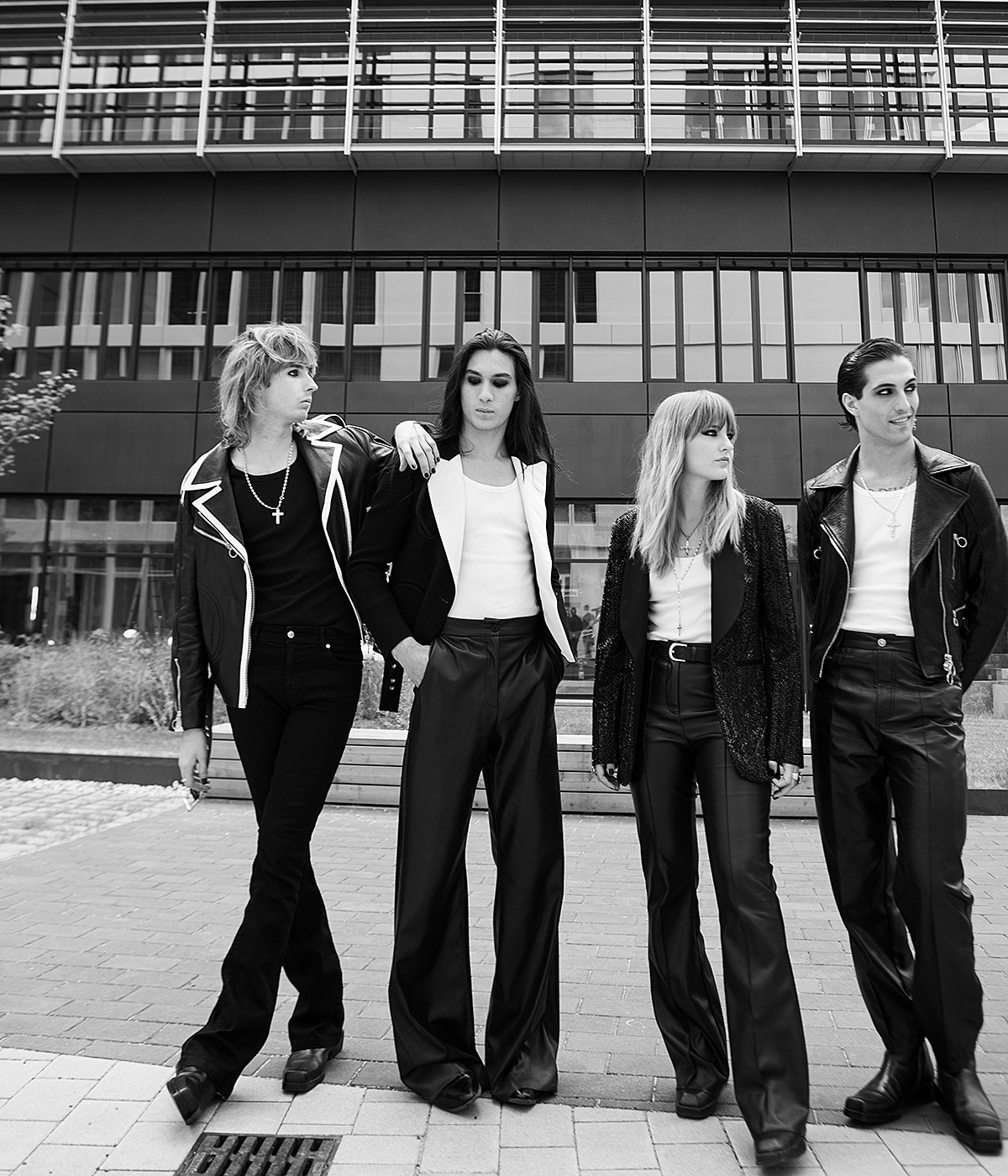
[Photo by Fabio Germinario]
There’s something about the shows in Italy. When you play in Italy, there’s something about the music, especially the rock ’n’ roll fans. There’s something very special about the energy, the shows. It’s really unique to Italy from an outsider’s perspective. I didn’t get to travel a lot as a kid, so to discover these places was really magical when I was touring full time. For me, music is the best way to see the world. That’s how I feel. You just see that the world is such a unique place. But there’s something about you as a band that’s really interesting to me. I remember playing in Italy, and the Italian shows were always unique, and we would always talk about how amazing the crowds were. But there’s an energy that’s hard to explain. I feel like you actually bring it with you to wherever you’re going.
DAMIANO DAVID: It’s Italian DNA. [Laughs.]
Did you all grow up together?
DE ANGELIS: Since we were like 13 years old. We’ve been together basically every day of our lives.
Those are the most important years—when you’re discovering music and life and growing up.
DE ANGELIS: You really form your personality. So, of course, with all of us developing who we are together, it’s just brought us together even more.
I love it. In 2021, there’s such a need for, in my opinion, a big rock ’n’ roll band.
DAVID: We think so, too. [Laughs.]
This is probably a question you get asked all the time, but is there a band that you aspire to be like? I’ve done this where I look at a band, and I go, “I would love to have a life like that, a career like that. I would love for my band to exist in the world like that.”
THOMAS RAGGI: We try to take lots of inspiration from different artists and different bands offshore because we are for it. And for this reason, we have four different identities. For example, I personally really love [Jimmy] Page [Led Zeppelin] and Ritchie Blackmore [Deep Purple], those kinds of artists.
DE ANGELIS: Yeah, we all have different artists that we look up to. We actually have very different musical tastes. I think the most important part of an artist’s career is to be true to themselves and to make a lot of music, to make many records and just develop who you are and feeling free to experiment. And I think that this is what we want to do. There are plenty of bands we can go to, from Fleetwood Mac to Led Zeppelin, even newer artists like Arctic Monkeys, Royal Blood. But I think the most important thing for us is to create our own path and to just follow what we feel we are.
DAVID: I feel like the bands in the ’70s, they became really, really iconic, and I feel like they’ve built something that still remains today. They built a legacy, so that’s what we want to try to do. But, of course, we don’t want to emulate anybody. We want to create our own path, and we just want to write new music, and let’s see where it brings us.
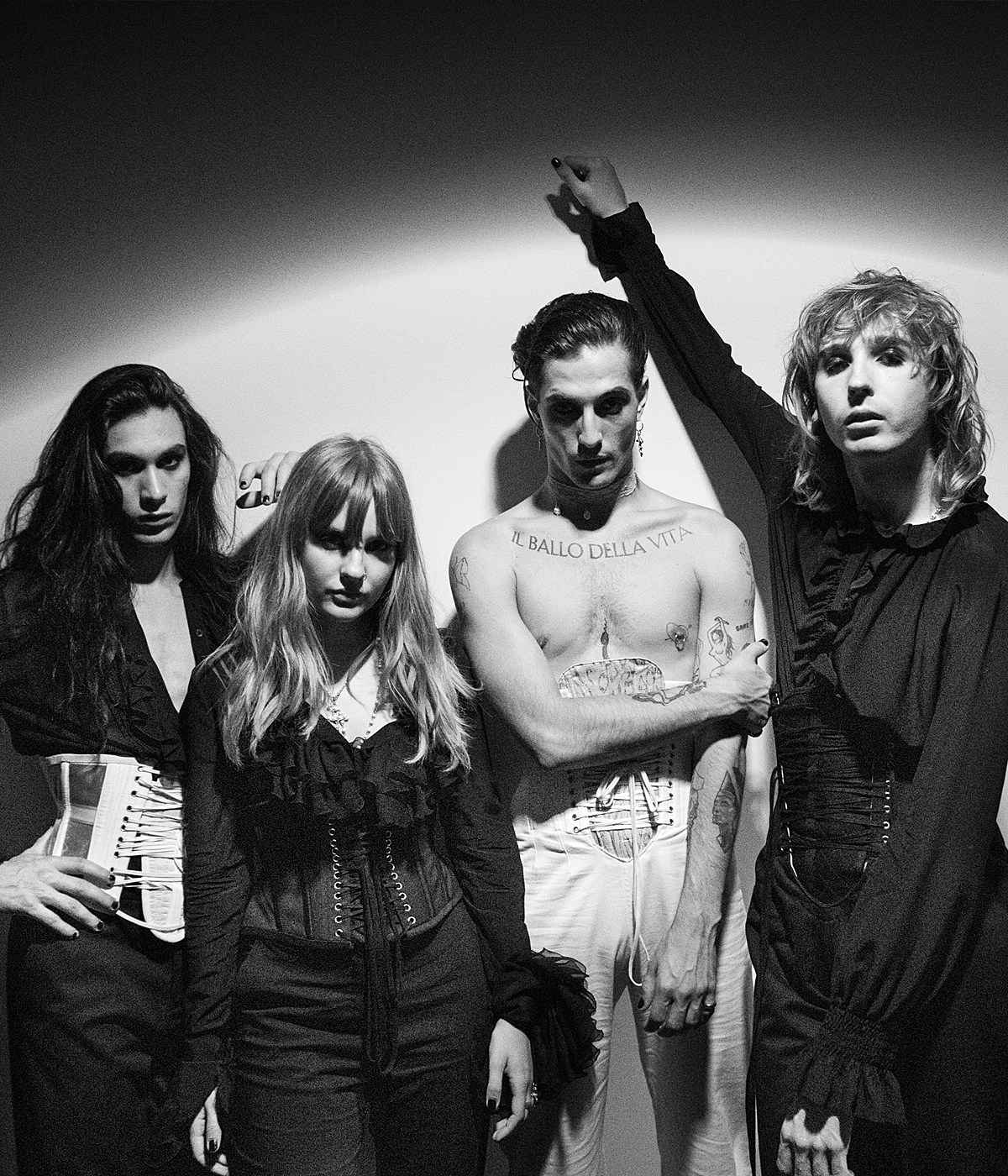
[Photo by Fabio Germinario]
I don’t think you’re emulating anyone. Of course, there’s a classic rock ’n’ roll feeling. But with great artists and rock ’n’ roll, I think that they touch the same places in us. So I think I can feel that because [of] the choices you’re making. It doesn’t feel like you’re being told what to do; it feels like you are doing whatever you want right now.
DE ANGELIS: It’s [exactly] like that actually.
That’s the exciting part. With the bands in the ’70s, they almost froze a moment in time forever. Even when you see it now, you feel like it never changes, like somewhere there’s a metaverse where all these icons are still alive and breathing and playing music, and that’s how it feels when I listen to any of the greats. Even if they’re no longer with us, when I hear their music, it’s like they’re here. I almost feel like that’s where we tap into when we write a great song or when we have a great performance or when we capture a moment. That’s why photography is so important. You never know what that shot is gonna be that’s capturing that moment that will live forever and almost goes into the metaverse. So I think you are tapping into that. I’m excited about the next record. Are you just always making music?
DE ANGELIS: If we have a day off, we just go to the studio.
DAVID: We have plenty of days where we just go straight to the studio because of course promo and video clips and photo shoots are important, but none of that would be possible without the music. So of course we try to keep the focus on the music. Sometimes, it’s not that easy because, like this morning, we were in Russia. So we don’t have that much time, but we always try to schedule some free days to write new music.
That’s the main thing. That’s the best part. When are you gonna come to America?
DE ANGELIS: I think in November.
All over or just a few places?
DE ANGELIS: A bit all over. We still don’t know exactly where. We’ll just go all around.
New York, L.A.?
DE ANGELIS: Yeah, for sure.
People in America obviously know you, but I want to know if there is anything you want people to get from your music. If there was anything you wanted people to feel or a message you wanted them to receive, what would it be?
DE ANGELIS: I think the main thing we want to express is really the freedom because, especially here, there are not many rock bands. And since we started playing together, we’ve always been told, “This is not going to work. Rock music is not a thing in Italy. No one listens to it. It’s dead.”
DAVID: “If you think this is a hit, then you don’t know what a hit is.”
DE ANGELIS: We spent a couple of years fighting every day about this stuff, but we kept doing it because we were sure about it. Because the main thing for us is that we feel represented and happy while we’re playing. We don’t have to pretend—like writing shitty songs that we don’t like just to get on the charts. We want to make something that we can enjoy, and we have freedom, and we can express ourselves. This is the most important thing we would want our audience to get. Also, I think there are so many amazing artists that feel limited by the music industry in general, and it’s such a shame. I think the meaning of music is just to be free and to be who you are.
ETHAN TORCHIO: The meaning of art, in general, is just doing something that you feel represented by.
RAGGI: Yeah, and I think that it’s also important to keep writing new music. If you’re writing music that you like, it’s more important to reach the people in general because they listen.
DAVID: We want people to feel the authenticity of our songs because when we write, we always try to mix everything up. There’s not one of us that’s pushing in this direction. After all these years, we created this chemistry, and now we feel like we are all on the same path, and we are really authentic, and we have a lot of fun writing new music, experimenting and sharing new ideas. And so we all also want the people to feel that—that it’s the fun part, the studio part when we share ideas and play with pedals and amplifiers and the microphones.
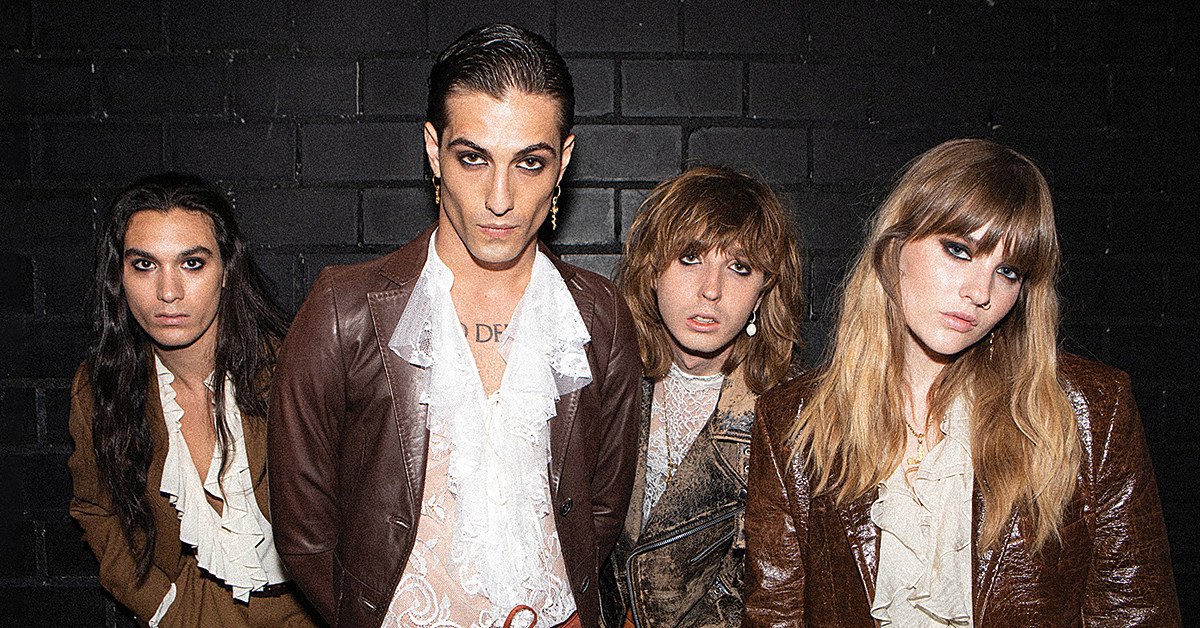
[Photo by Fabio Germinario]
One thing you said that really struck me first is coming from Italy, and I understand it. It’s a small music business in Italy as far as the globe is concerned when it comes to rock music. I’m sure there are lots of people, starving artists, who want to make meaningful music for the world, but it feels like there’s limited opportunity. And, like you said, there can be a sense of, “What’s the point? Why would you do that? That’s not big here. It’s very hard to make it out.” And so to fight against those odds as a band, I can only imagine. I come from a very small town in America, and it’s essentially the same idea: “Why would you start a band?” But I was in America, so I moved at a young age, left home with a backpack, went to the city and started playing in bars and tried to make it. I don’t think it’s that easy for you in Italy.
DAVID: At the very beginning, we struggled a lot finding places that allowed us to play, so we started playing on the streets. Now that I’m thinking about it, I feel like it was really, really useful because it taught us how to be on the stage. We worked a lot on our stage presence because when you’re playing on the streets, you don’t have a real audience. You have to grab people’s attention, so I think that our staging skills come from there.
Yeah, and the amount of rejection that you experienced has built up a resilience to be OK with people not getting it. Also, in Italy, I don’t think people are necessarily haters. I think they’re more indifferent. It’s a very laid-back kind of place, and they’re just like, “Good luck. Why would you do that? That makes no sense to me.”
DAVID: When you have makeup on, they turn out to be haters. [Laughs.]
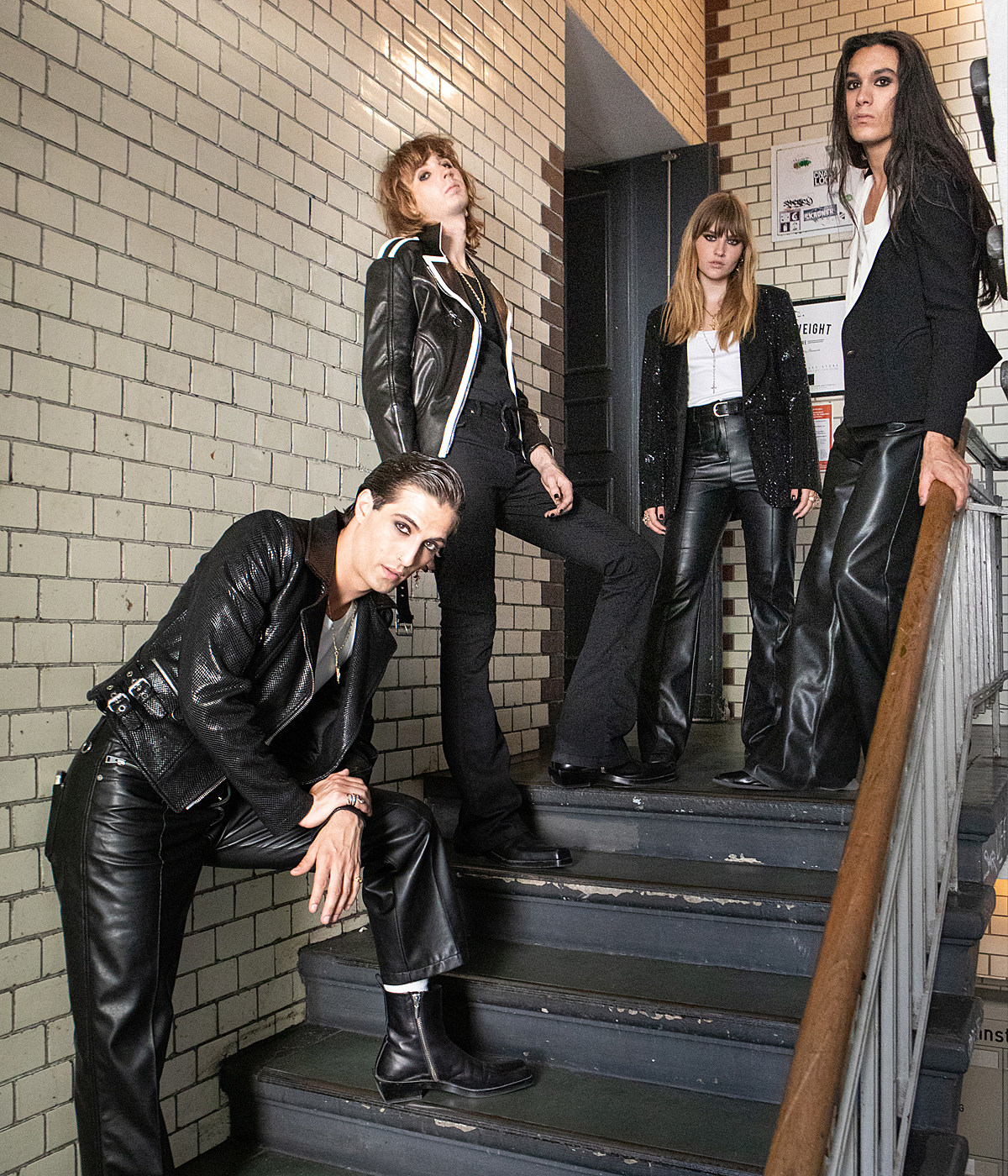
[Photo by Fabio Germinario]
Only you could experience that, but I feel like that’s what I feel in the music. Maybe that’s why I love it. I feel that need to be heard, as we all have, and that’s why it’s important. Around the world, there are tons of places where people don’t believe in art. If you can’t create, if you can’t be yourself, if you can’t live the truth of who you are, then you’re being oppressed in some way. I think every artist has felt that way. Every now and then, we make art where a large group of people agree—the way we’ve said it, they understand it, and it hits. So, I think the four of you together, you’re telling this story that needs to be told but from the perspective of kids who grew up in Italy who were basically told, “There’s no point in doing this. There’s no point in being yourself.”
DE ANGELIS: Exactly.
